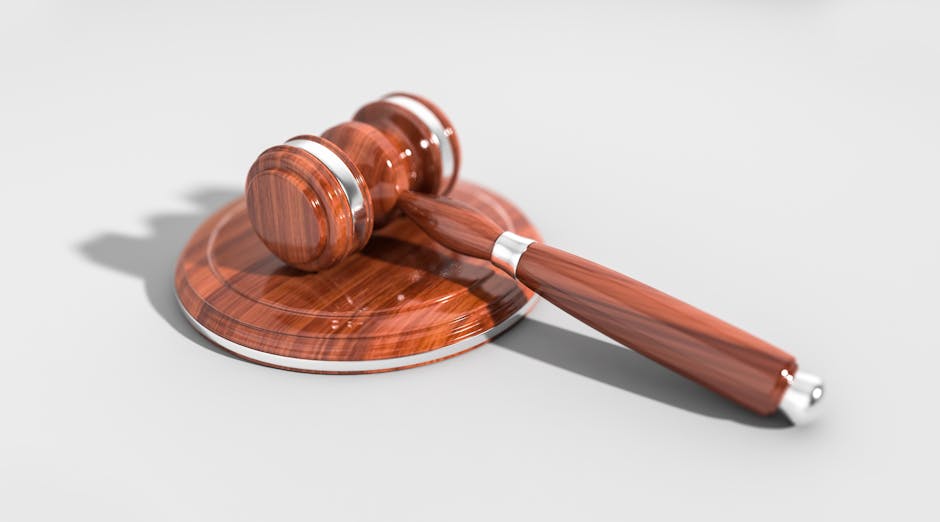Tips in Protecting your Original Content

Writing
If you have been blogging or starting to blog for an online magazine or content websites, chances are you will experience your content to be stolen. Your content will surely be reposted on other article websites, personal websites, and other blogs without your consent or knowledge.
There are times when your writing are copied from your website to another person’s website. The article could also be altered to make it look original. There will be instances that your content will be reposted with proper attribution, but no permission from the writer. It may or it may not be harmful to you but if you want your content to remain in your site, then remove the duplicate content.
Despite all the situation, the good thing is that, you can prevent it. Here are some things you can do:
- Google Alerts can help you find your stolen content. Go to the website and then place a part of your article, indicate what kind of websites to be searched. Give your email address so that you will know the result. You can be notified every day, weekly, monthly, or when it happens.
- Know if there was an abuse on your site. Check your site logs and server. Did you have a dramatic rise in your bandwidth for referrers or hosts? Know the numbers of your server logs to evaluate the possibility.
- Copyscape is not free, but it is all worth it if you write and publish many content. Copyscape is an online plagiarism detection service you use and you will be informed about the sites that are reposting your work.
- Use trackback notifications. This is provided by WordPress, Movable Type, and Drupal. They will inform you if anybody is linked to your post.
- Get in touch with the website service that hosts the site who took your content. Go to a lookup website like Who Is. The website will provide you details like the official registrar, registrar URL, creation date, and more. A registrar abuse contact email and number are also provided. You can call them or send an email.
- Report a complaint against a site that stole your content at Google Webmaster Tools. The site who copied your material will be banned from using Google’s search engines. If the thief is using your content and is making money from it using Google Adwords, the account will be closed and the thief can no longer open another account.
- If you are active in online posting, set up Google Search Authorship. This will show that you are the real creator or writer of the content. Google will guide you on how to claim the content that created.
- Make a copyright notice and include a terms of use page on your website. This will tell people that you are the rightful owner and that no one can copy it without your permission. You can also indicate if you will allow portion of your content to be used, but with proper attribution.
For as long as you post whatever you have written or created, content thieves will always be there to get your work. Know what to do and be vigilant in guarding your content.


 If you have a business, chances are you own a website. What will you do if someone stole it from you? If you depend on your Uniform Resource Locator (URL), someone else can control your website’s domain name and from there, other things could happen. The perpetrator could actually control all of the site’s content. The person could even rerouted the content to any location he or she chooses.
If you have a business, chances are you own a website. What will you do if someone stole it from you? If you depend on your Uniform Resource Locator (URL), someone else can control your website’s domain name and from there, other things could happen. The perpetrator could actually control all of the site’s content. The person could even rerouted the content to any location he or she chooses.
